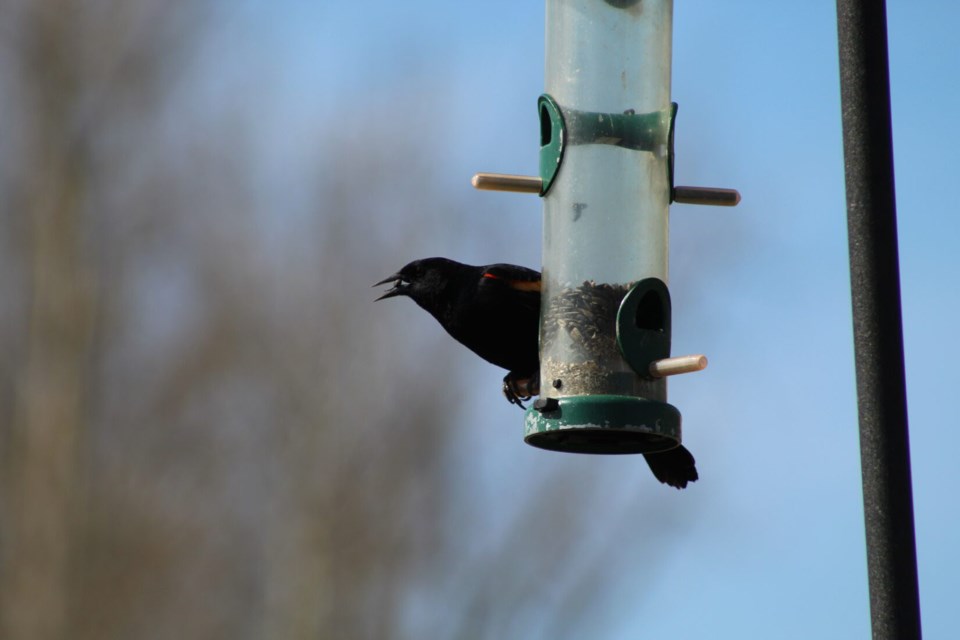The BC SPCA is asking the public to temporarily remove backyard bird feeders and to empty bird baths due to a highly pathogenic avian influenza (HPAI) spreading across the country.
Avian influenza - or “bird flu” - is a virus that can affect many different species of birds. This includes farm animals like chickens and turkeys, but can also affect wild and pet birds. The H5N1 strain is considered highly pathogenic, causing severe illness and death in birds.
Although waterfowl (including ducks, geese and gulls) and raptors (eagles, hawks and owls) are at highest risk, avian influenza viruses can infect all avian species. The virus is shed by infected birds through feces and respiratory secretions and is very resilient – it can survive in the environment for several months and continue to infect other birds.
“Bird feeders can be sites for disease spread because they encourage unnatural congregations of birds and attract other wildlife,” says Dr. Andrea Wallace, manager of wild animal welfare for the BC SPCA. “Fallen seed is also an especially dangerous source of disease - when birds feed from the ground, they are also exposed to droppings that accumulate below a feeder.” She says the presence of bird feeders and baths can also increase the risk of transmitting the virus between nearby animals such as backyard chickens or turkeys.
“On rare occasions, this virus can also cause disease in humans who have been in close contact with infected birds, or heavily contaminated areas,” adds Wallace. “We need to do everything we can to stop H5N1 in its tracks.”
Wallace says that, in addition to removing bird feeders and emptying bird baths, the BC SPCA is asking the public to monitor their outdoor surroundings for any signs of sick birds. “Birds may appear lethargic, unusually “fluffed up”, have nasal discharge, or have excessively watery eyes or swelling of the head and eyelids.”
The public is asked to report sightings of sick or dead wild birds to the Canadian Wildlife Health Cooperative (CWHC) at 1-800-567-2033. If the report is assessed to require further investigation, a biologist may retrieve the carcass for further testing. “Please do not bring deceased birds to a wildlife rehabilitation centre or veterinary clinic as they will not be able to test for the disease,” says Wallace.
Wallace notes that while hummingbird feeders pose the lowest risk because they are species-specific and have a more limited group of birds visiting them, it is important to regularly change the nectar in and clean hummingbird feeders to prevent deadly fungal outbreaks. And remember, if you see sick birds at your feeder, take it down right away!
For more information, visit spca.bc.ca.
Cases across the province
On Wednesday, the Canadian Food Inspection Agency issued an alert for farmers within a 12-km radius in Richmond after a small poultry flock tested positive for the highly pathogenic H5N1 avian flu.
The CFIA said that, as well as Richmond, a small poultry flock tested positive in Kelowna, which has also been placed under quarantine.
These are the third and fourth small flocks in B.C. that have contracted the virus.
Wild birds have tested positive for H5 strains of avian flu in Vancouver, Delta, the Vanderhoof, Lac la Hache (near 100 Mile House) and Bowen Island.


